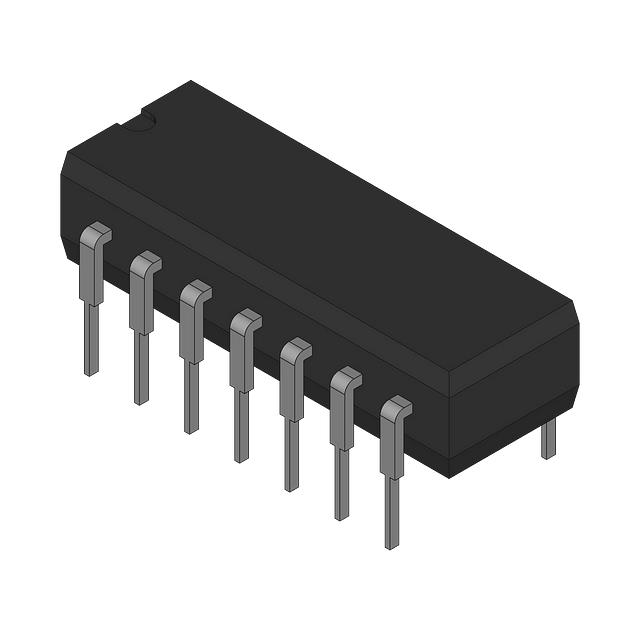CD74HC74E
Manufacturer No:
CD74HC74E
Manufacturer:
Description:
IC FF D-TYPE DUAL 1BIT 14DIP
Datasheet:
Delivery:





Payment:




In Stock : 6377
Please send RFQ , we will respond immediately.









CD74HC74E Specifications
-
TypeParameter
-
Package / Case14-DIP (0.300", 7.62mm)
-
Supplier Device Package14-PDIP
-
Mounting TypeThrough Hole
-
Operating Temperature-55°C ~ 125°C (TA)
-
Input Capacitance10 pF
-
Current - Quiescent (Iq)4 µA
-
Voltage - Supply2V ~ 6V
-
Current - Output High, Low5.2mA, 5.2mA
-
Trigger TypePositive Edge
-
Max Propagation Delay @ V, Max CL30ns @ 6V, 50pF
-
Clock Frequency50 MHz
-
Number of Bits per Element1
-
Number of Elements2
-
Output TypeComplementary
-
TypeD-Type
-
FunctionSet(Preset) and Reset
-
PackagingTube
-
Product StatusObsolete
-
Series74HC
The CD74HC74E is a dual D-type flip-flop integrated circuit chip. It offers several advantages and can be used in various application scenarios:Advantages: 1. High-speed operation: The CD74HC74E operates at high speeds, making it suitable for applications that require quick data processing and storage. 2. Wide operating voltage range: It can operate within a wide voltage range, typically from 2V to 6V, allowing flexibility in different power supply configurations. 3. Low power consumption: The chip consumes low power, making it suitable for battery-powered devices or applications where power efficiency is crucial. 4. Schmitt-trigger inputs: The inputs of the CD74HC74E have Schmitt-trigger characteristics, which provide hysteresis and improve noise immunity, ensuring reliable operation even in noisy environments. 5. Output drive capability: The chip has a high output drive capability, allowing it to directly drive other digital logic circuits without the need for additional buffering.Application scenarios: 1. Sequential logic circuits: The CD74HC74E is commonly used in sequential logic circuits, such as counters, shift registers, and frequency dividers. It can store and manipulate digital data in a sequential manner. 2. Data synchronization: It can be used to synchronize data signals in systems where timing is critical, ensuring that data is captured and processed at the correct time. 3. State machines: The chip can be used to implement state machines, which are widely used in control systems, digital signal processing, and communication protocols. 4. Clock division and generation: The CD74HC74E can be used to divide or generate clock signals, enabling synchronization and timing control in various applications. 5. Memory elements: It can be used as a basic building block for memory elements, such as registers and latches, which are essential components in microprocessors and digital systems.Overall, the CD74HC74E offers high-speed, low-power, and reliable operation, making it suitable for a wide range of digital logic applications.
CD74HC74E Relevant information







